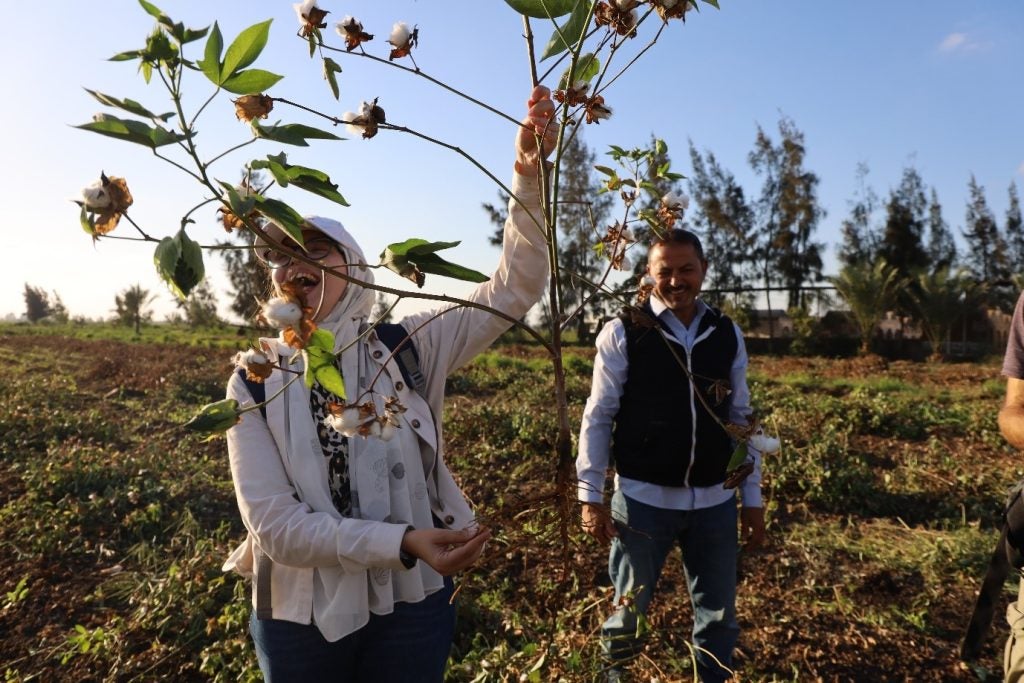
The UK fashion and textile industry has called on the government to increase support for exporters, fix the skills and training landscape, and minimise disruption to trade, as it looks to raise the profile of the sector and boost trade by addressing key challenges.
In its Fashion and Textile Industry Manifesto, the UK Fashion and Textile Association (UKFT) said the current level of government support for UK exporters is far behind that given to competitors. As such, the trade body called on the government to “dramatically” increase funding for exports through much greater support for both the trade fair programme and trade missions.
According to the UKFT, the UK exports GBP9.7bn (US$12.8bn) worth of fashion and textiles around the world, up 66% in the last decade. The EU is currently the UK fashion and textiles’ largest market, accounting for 76% of UK fashion and textile exports.
As such, the UKFT says the industry needs both a transition period and a rapid conclusion of a free trade deal with the EU that delivers tariff-free trade with as little disruption as possible.
“UK companies selling into the EU will continue to have to meet EU regulations, therefore the industry needs the regulatory environment to remain as close as possible,” it explained. “In order to help the sector’s international expansion, the government must ensure that new free-trade deals with markets such as the USA and Japan are concluded as rapidly as possible.”
See Also:
The UK’s fashion and textile manufacturing sector produces GBP9.1bn of product, ranging from designer creations to technical textiles used in medical, defence and transport industries. And the sector directly employs 276,000 in retail jobs, 109,000 in manufacturing, and 43,000 in wholesale.
How well do you really know your competitors?
Access the most comprehensive Company Profiles on the market, powered by GlobalData. Save hours of research. Gain competitive edge.

Thank you!
Your download email will arrive shortly
Not ready to buy yet? Download a free sample
We are confident about the unique quality of our Company Profiles. However, we want you to make the most beneficial decision for your business, so we offer a free sample that you can download by submitting the below form
By GlobalDataSupport for the industry, therefore, is key. The UKFT is calling on the government to “rapidly change” the support available for manufacturing. SME manufacturers should be given tax relief to encourage them to invest in new capabilities and training people, it says. More also needs to be done to help SMEs invest in innovation with new industry-specific R&D funding made available driven by the needs of the industry.
Other recommendations include:
- The government must ensure the right incentives are put in place to help change behaviour. Tax relief for the most energy-efficient manufacturers, nationally co-ordinated recycling and take-back schemes and significant investment in the UK’s capacity to produce recycled textiles would all contribute to a step-change in reducing the sector’s impact on the environment.
- The UK’s universities and academic institutions develop some of the world’s best fashion and textile talent but the government must create the right environment to retain that talent, ensuring the UK remains an international hub for business, as well as creativity and innovation. The government must create the best environment, business regime and financial support to encourage entrepreneurship so the industry can continue to positively contribute to UK PLC.
- The government must urgently address the complexity of the apprenticeship system and remove the barriers to entry, particularly for small business. It needs to ensure niche provision remains in place and it needs to ensure private training providers are able to provide cost-effective apprenticeship training.
- Whatever immigration policy is introduced, the government must make sure it is simple to use for SMEs and that the criteria for entry are based on industry needs and not on a simple salary threshold.







